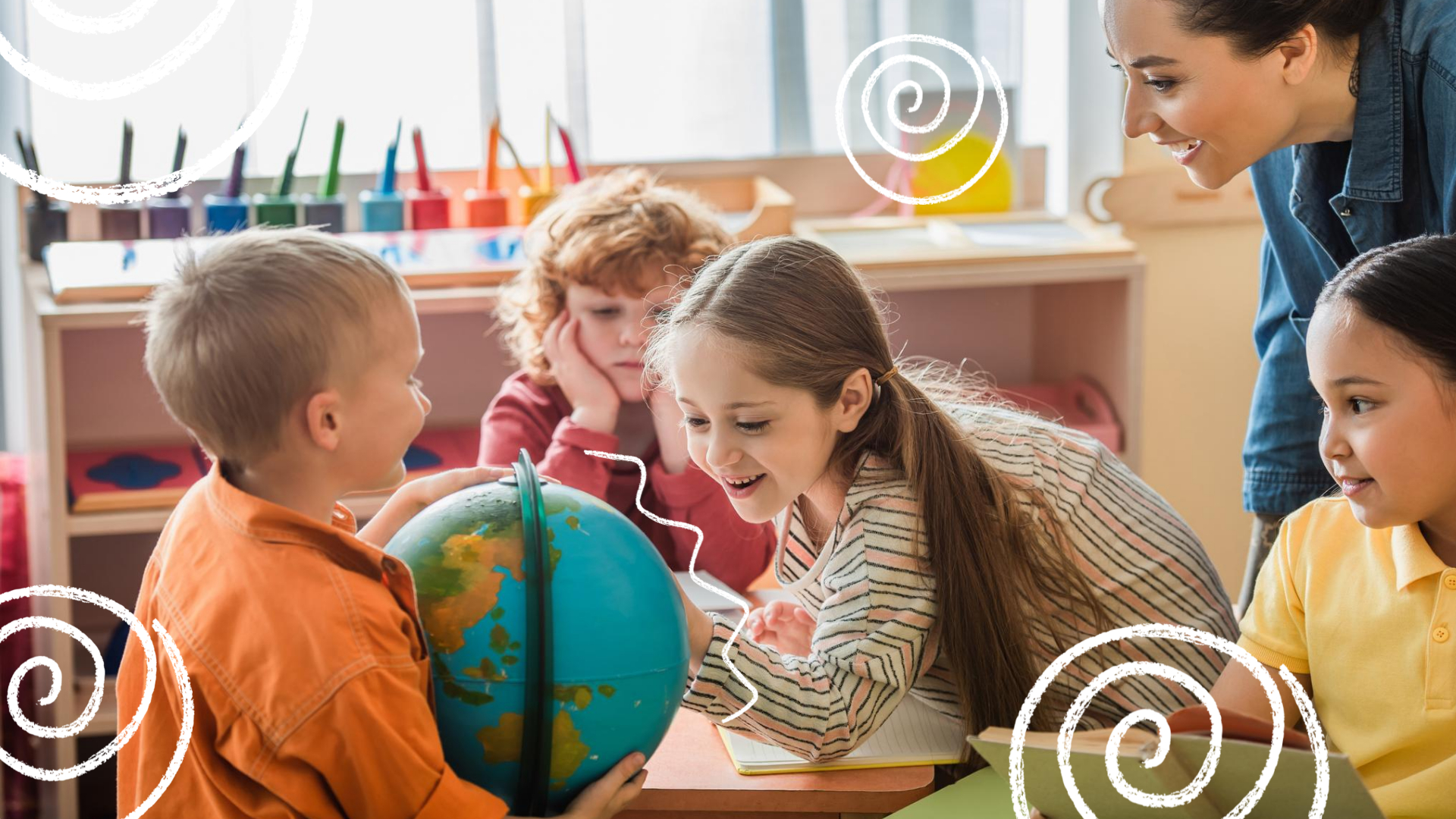
- 4 mins
Mindfulness Activities for Kids

Brain breaks allow kids to temporarily step away from their schoolwork and refresh their minds and bodies. These brief activities can take many forms, including art activities, movement-based games, or even guided meditation. Participating in brain breaks periodically throughout the day reenergizes students and enables them to focus on their schoolwork with renewed concentration. The key is to proactively plan these to prevent behaviors that disrupt learning.
As teachers and parents, you can probably tell when your child’s attention begins to waver: they become distracted, want to move around and may begin asking questions unrelated to the current topic. Research provides evidence that, in children, over a period of time there is a decline in on-task behavior—sometimes in as little as ten minutes (Godwin et al., 2016). With scheduled brain breaks, students have a chance to replenish their ability to focus.
Another study in focus found that when we are idle, such as in moments of meditation or calmness, the brain is still extremely active in processing and storing information (Immordino-Yang et al., 2012). So breaks are not only helpful for focus, but vital for retaining information.
Brain breaks can take many forms, including more unstructured breaks for quiet rest or guided activities that stimulate creativity and divergent thinking. The main idea is to move away from the material you’re focusing on—for example, it may not be helpful to go from a group read-aloud to reading a passage from a book of meditations. Try some of these ideas next time you and your students need a brain break:
Use your imagination to come up with more ideas, or try an internet search. Once students become familiar with a range of activities, invite them to choose one of their favorite activities to do.
Moshi offers hundreds of pieces of content that are perfect for breaks at any time of the day. Moshi Music, Breathing, Meditations and Sounds are quick and easy and can be integrated into the classroom schedule at any point. Pick a time during the day to start incorporating brain breaks, and help set kids up for success!
Godwin, K. E., Almeda, M. A., Seltman, H., Kai, S., Skerbetz, M. D., Baker, R. S., & Fisher, A. V. (2016). Off-task behavior in elementary school children. Learning and Instruction, 44, 128–143. https://doi.org/10.1016/j.learninstruc.2016.04.003
Immordino-Yang, M. H., Christodoulou, J. A., & Singh, V . (2012). Rest is not idleness: Implications of the brain’s default mode for human development and education. Perspectives on Psychological Science, 7(4) , 352–364, https://doi.org/10.1177/1745691612447308